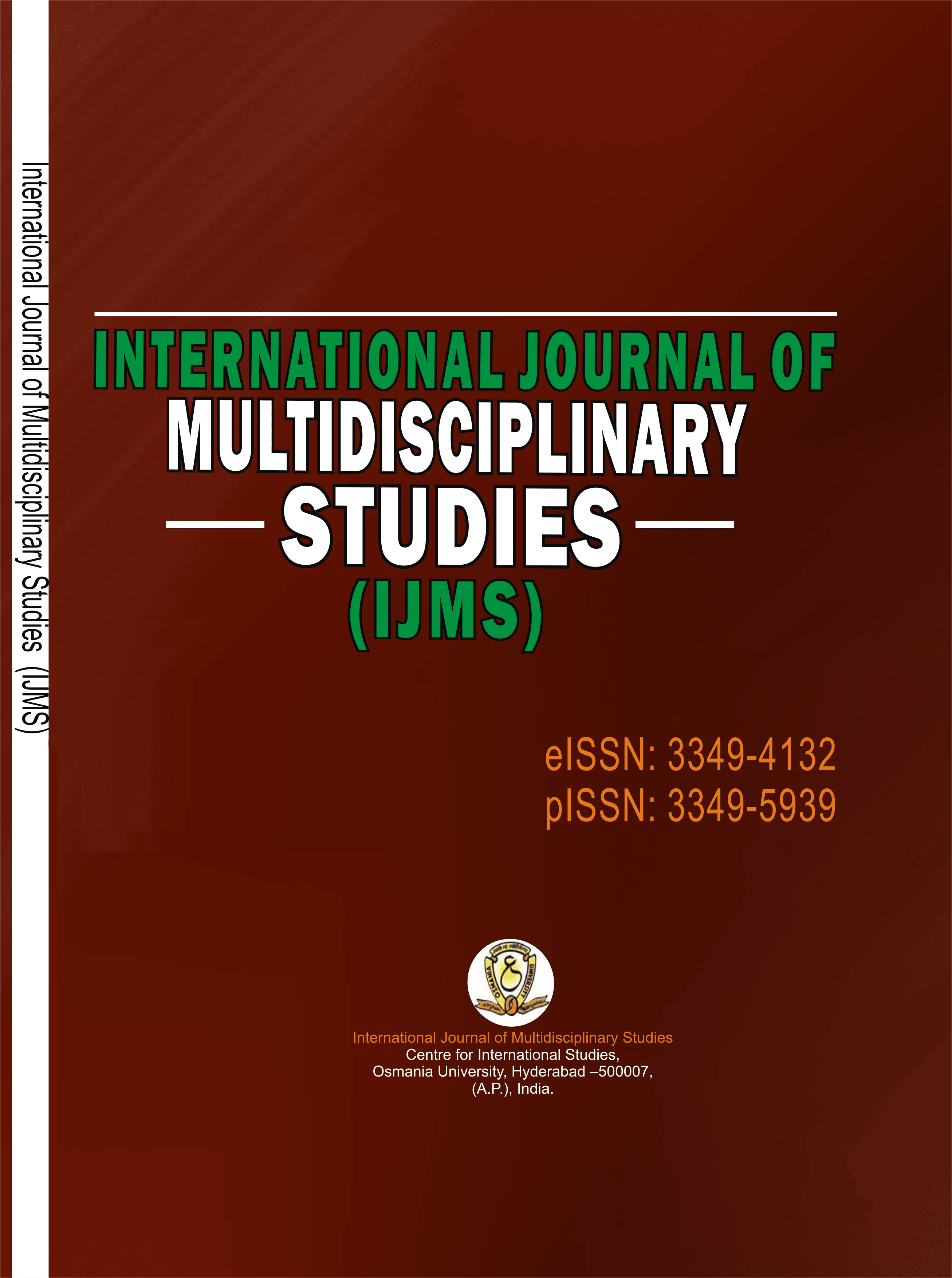INTERNATIONAL JOURNAL OF MULTIDISCIPLINARY STUDIES (IJMS)
THE ATTITUDE OF HIGHER EDUCATION WORKERS TOWARDS CHANGE AND INNOVATIONS IN TERTIARY INSTITUTIONS IN RIVERS STATE
E-ISSN: 3349-4132
P-ISSN: 3349-5939
DOI: https://iigdpublishers.com/article/80
At the point when the impact of progress can't be felt, and when there is negative disposition towards dynamic change, at that point, it essentially implies there is a protection from advancement and new viewpoint. establishment change may be seen as a multidimensional wonder and heterogeneous procedure with shared receptive reactions of progress specialists, beneficiaries, and change content development, procedure, and protection from this impact, we will take a gander at the demeanor of advanced education laborers towards change and advancements in tertiary organizations in Rivers state and further look at the difficulties and the reasons why change is been opposed by advanced education laborers.
Yellowe Annette N. PhD
Abimbade, A. (1998). Information technology, the current strategy for effective science and technology
instruction. African Journal of Business Management 1 (3), 80 – 88.
Abrahamson, E. (2000). Change without pain. Harvard Business Review, 78(4), 75-79.
Agabi, O.G (2002) Planned change in education. In O.G Agabi& N.C Okorie (Eds) Introduction to management
of change in education: A book of Readings, Port Harcourt Pam unique publishers.
Alvesson, M., & Sveningsson, S. (2008). Changing organizational culture. USA: Routledge Publishing.
Ansoff, I. (2006). The new corporate strategy. New York: John Wiley & Sons.
Argy, F. (2001). The liberal economic reforms of the last two decades: A review. Australian Journal of Public
Administration, 60(3), 66-77.
